APSMR 2022 Annual Meeting
APSMR 2022 Annual Meeting
Asia Pacific Society for Materials Research 2022 Annual Meeting
Aug 19-21, 2022
online
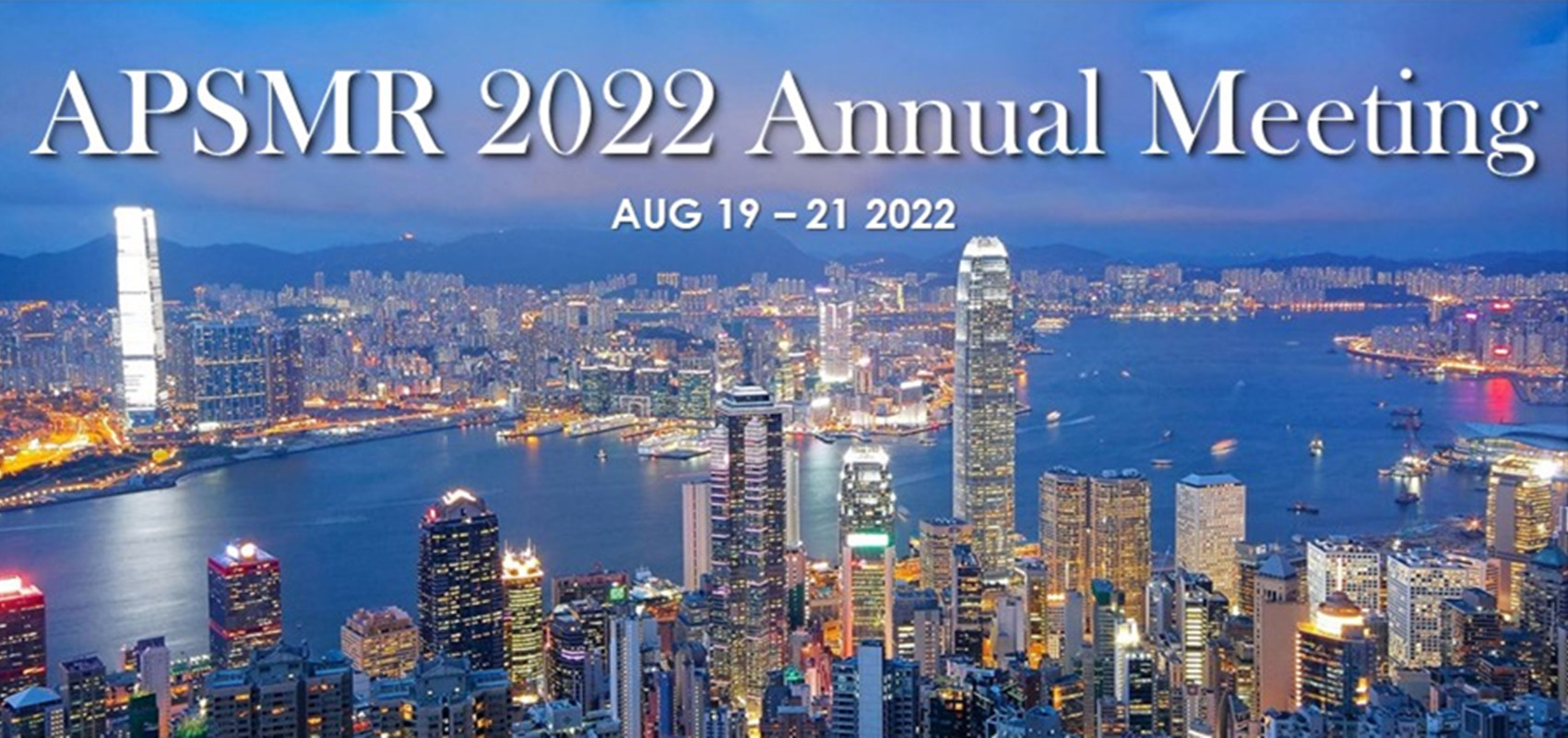
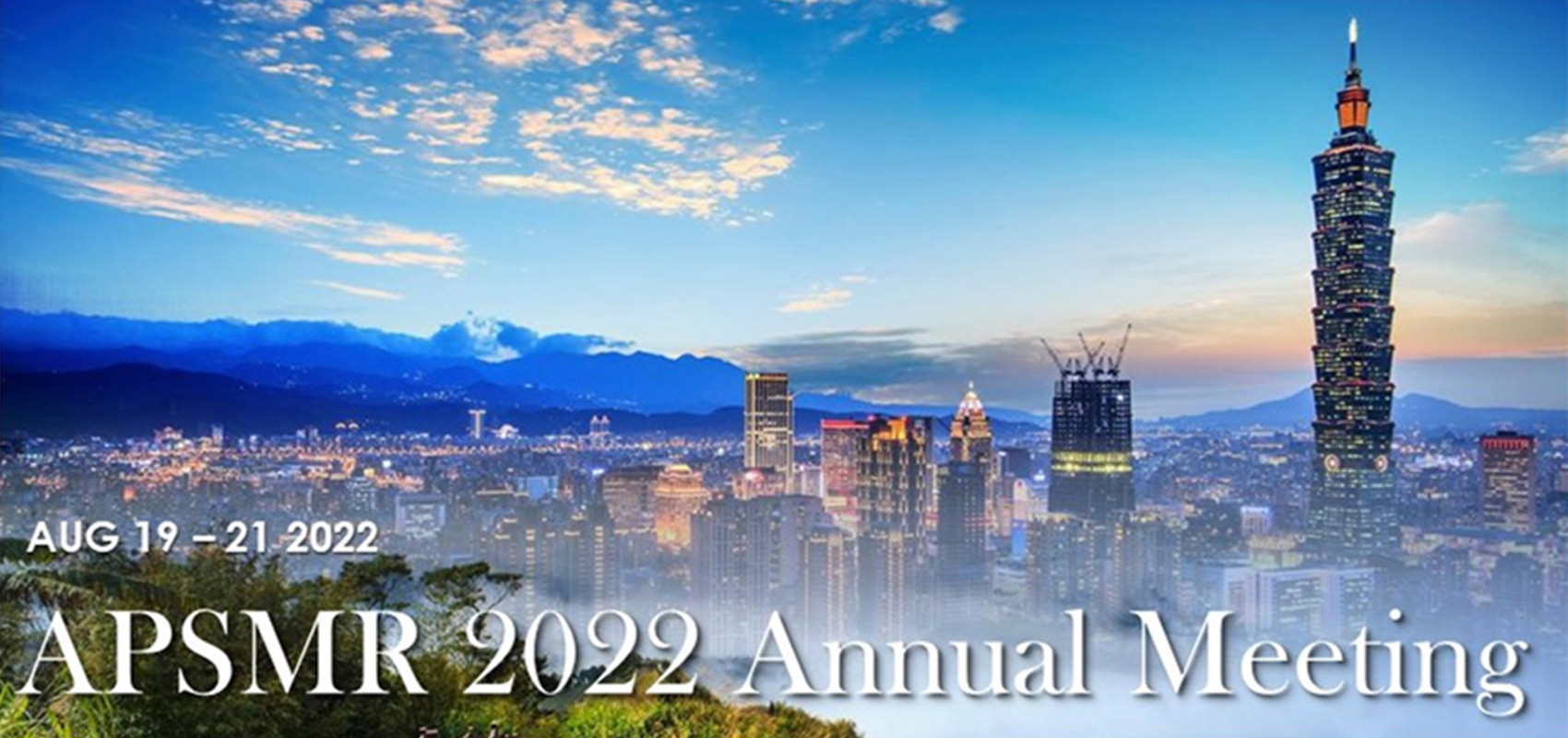
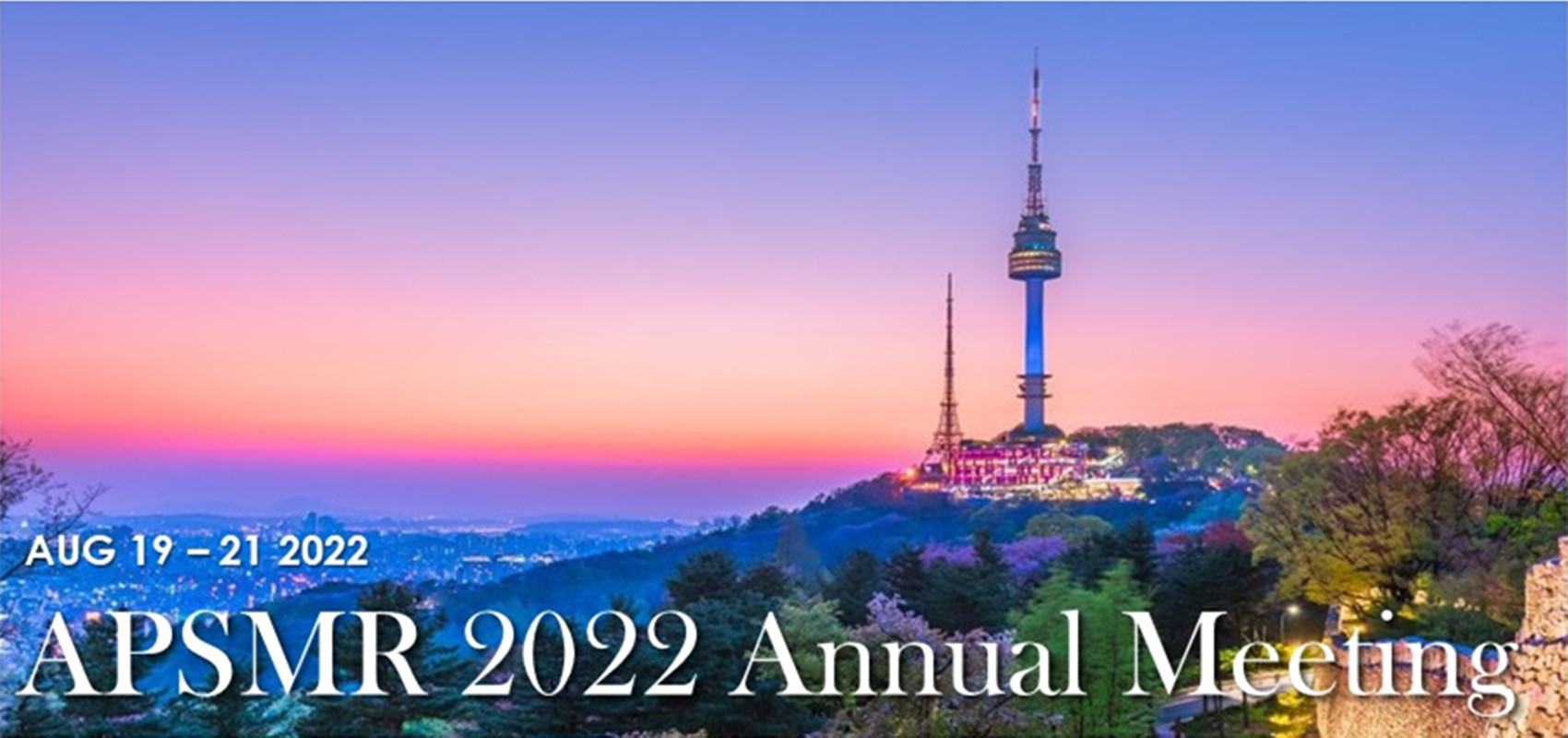
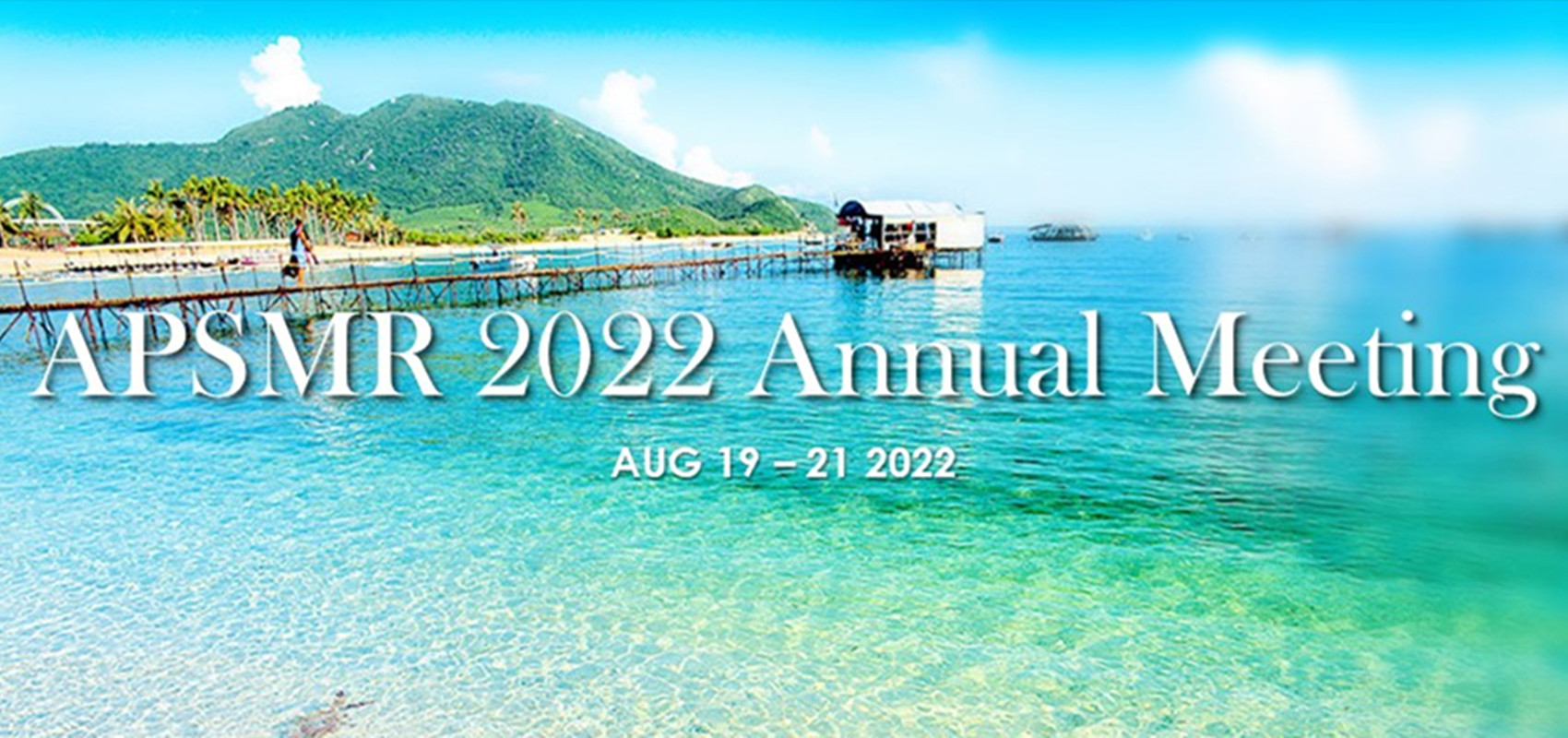
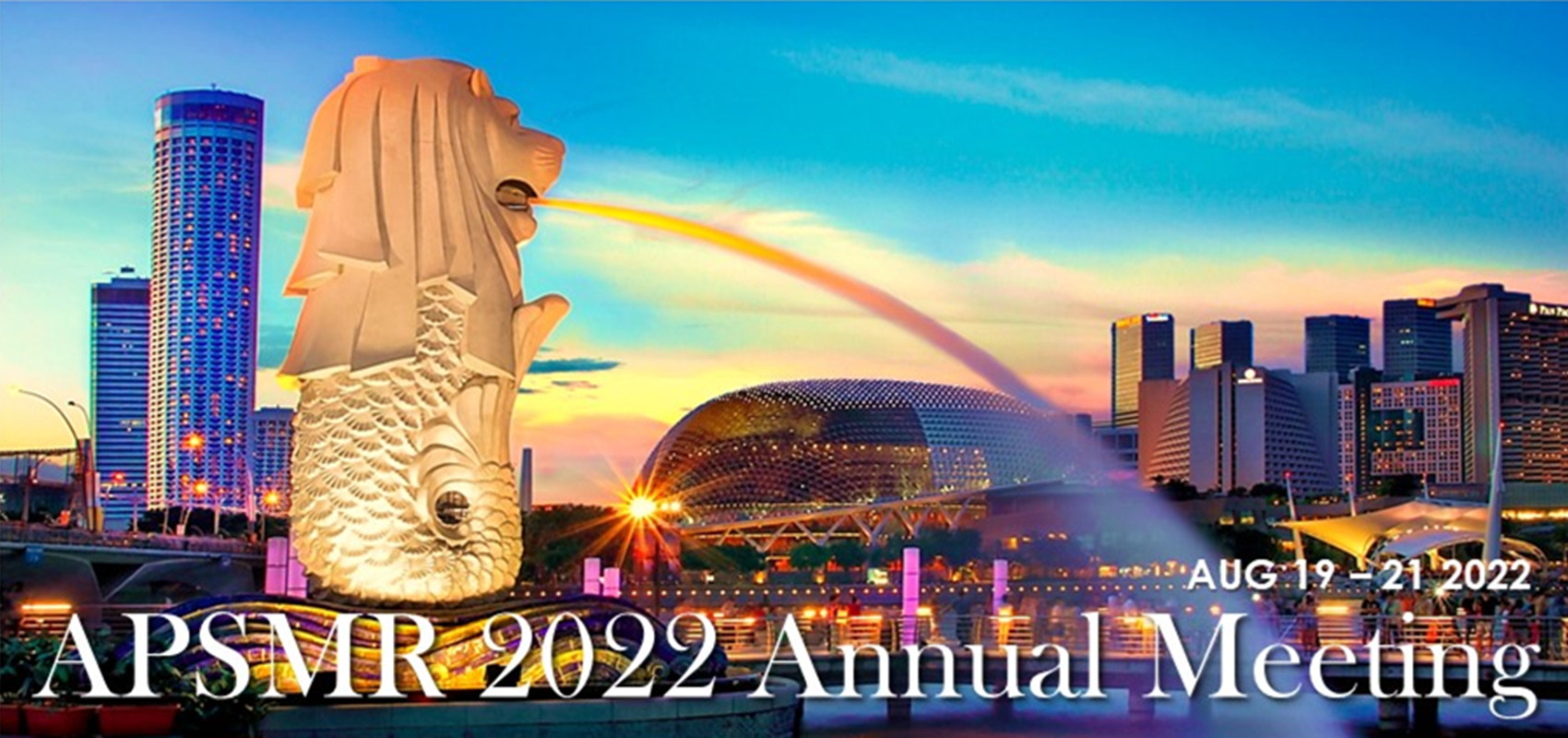
About the Event
Considering the ongoing outbreak of Covid-19, the conference organizers have decided to abandon the on-site option as safety measures.
Dear Colleagues and Friends,
APSMR 2022 Annual Meeting will be held during Aug 19- Aug 21 2022.
APSMR Annual Meeting is being held every year and aimed to provide a platform for the exchange and networking between top scientists, emerging young researchers, and students across a wide spectrum of materials science and engineering. We would like to invite you to participate in APSMR 2022 Annual Meeting. Your active participation is the key to the success of this conference.
Yours Sincerely,
APSMR 2022 Annual Meeting Committee
Conference Topics
1. Structure Materials and Functional Coatings (metals, ceramics, and composites)
Prof. Shigeo AKASHI (Tokyo University of Science, JP)
Prof. Masayoshi TATENO (Kogakuin University, JP)
2. Materials for Energy (saving, conversion, transfer, storage) and Environment plus Electrochemistry
2-1. Photovoltaics
2-2. Rechargeable Batteries and Fuel Cells
2-3. Materials for Thermal Management and Thermal Energy Utilization
Prof. Kian Jon CHUA (National University of Singapore, SG)
2-4. Materials for Energy and Environmental Applications
3. Optics and Photonic Materials
Prof. Shih-Chieh HSU (Tamkang University, TW)
4. Electronics, Magnetics and Nanomaterials
5. Polymer Science and Molecular Chemistry
6. Organic Materials and Biomaterials
Prof. Satomi NIWAYAMA (Muroran Institute of Technology, JP)
Prof. Yung-Kang SHEN (Taipei Medical University, TW)
7. Theory, Characterization and Computational Modeling of Materials
Highlighted Presentations for APSMR 2022 Annual Meeting
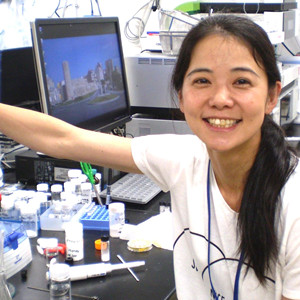
Dr. Yumiko NAKAJIMA
National Institute of Advanced Industrial Science and Technology
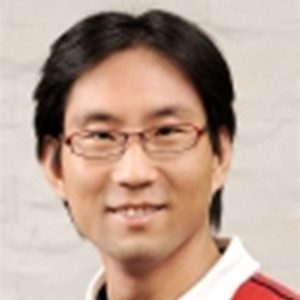
Dr. Kaito TAKAHASHI
Institute of Atomic and Molecular Sciences, Academia Sinica
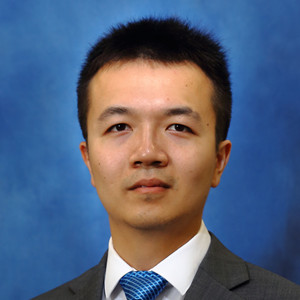
Prof. Weizhao ZHANG
The Chinese University of Hong Kong
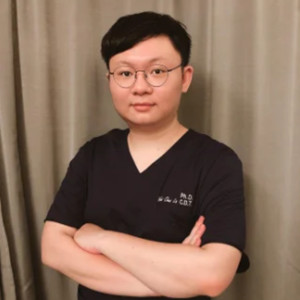
Prof. Wei-Chun LIN
Taipei Medical University
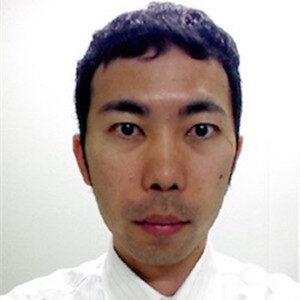
Prof. Ryoichi ISHIMATSU
Kyushu University
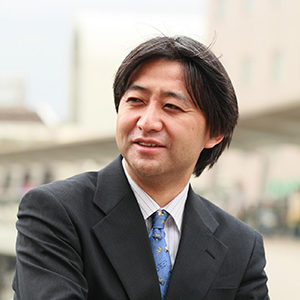
Prof. Kazuhiro YAMAMOTO
Nagoya University
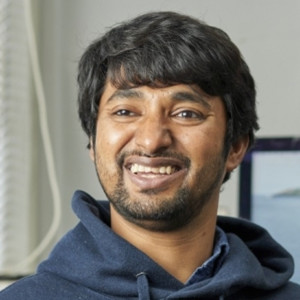
Prof. Islam MD ALRAZI
Soka University
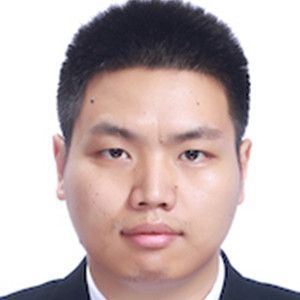
Prof. Shuai CHEN
Institute of High Performance Computing, A*STAR
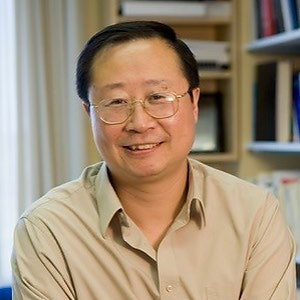
Prof. Jun O. LIU
Johns Hopkins University
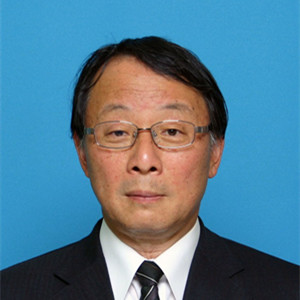
Prof. Tetsuji SAITO
Chiba Institute of Technology
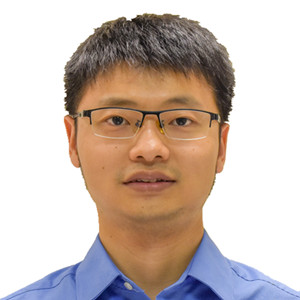
Prof. Xin CUI
Xi’an Jiaotong University
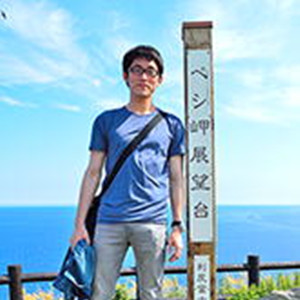
Prof. Yusuke SATO
Hokkaido University
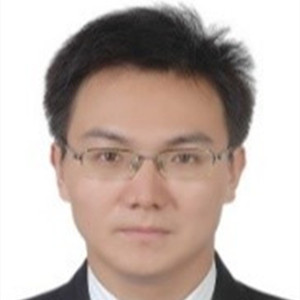
Prof. Guochao XU
Jiangnan University
Event Schedule
| Beijing/Taipei/Hong Kong/Singapore | Tokyo/Seoul | FRI, 08/19 | SAT, 08/20 | SUN, 08/21 |
| 9:30-11:30 | 10:30-12:30 | Oral Presentation | ||
| 11:30-13:00 | 12:30-14:00 | Lunch Break | ||
| 13:00-16:00 | 14:00-17:00 | Oral Presentation | ||
About the Organizers and Sponsors
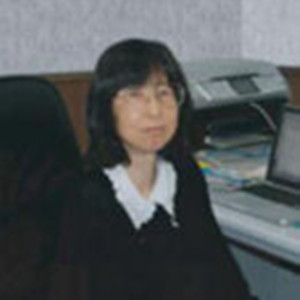
Prof. Satomi NIWAYAMA
Muroran Institute of Technology, Japan
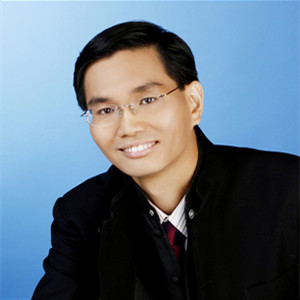
Prof. Kian Jon CHUA
National University of Singapore, Singapore
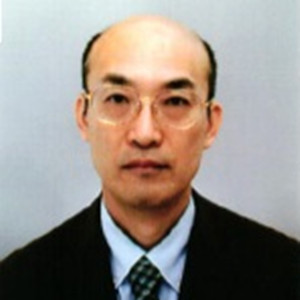
Prof. Masayoshi TATENO
Kogakuin University, Japan
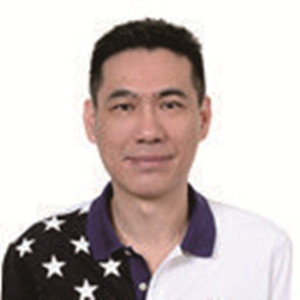
Prof. Yung-Kang SHEN
Taipei Medical University, Taiwan
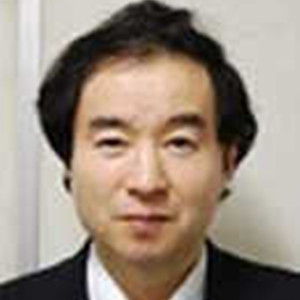
Prof. Shigeo
AKASHI
Tokyo University of Science, Japan
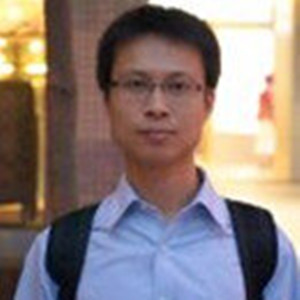
Prof. Shih-Chieh
HSU
Tamkang University, Taiwan
Call for the abstract
Guidelines for the Individual Abstract Structure:
1. Title of presentation: Please choose a brief title (maximum of 100 characters) that clearly indicates the content of the contribution. Please avoid abbreviations in the title. Abbreviations may be used in the text if they are defined when first used.
2. Preference: For presentation in a poster session, oral session or both.
3. Session: Please choose one of the sessions.
4. Principal author: Name, title, email address and affiliation information. In instances of multiple authorship, the person whose name is listed first is expected to deliver the presentation.
5. Co-authors: Their names, title, email address, their institution/business information.
6. Abstract: Please ensure that your abstract contains no more than 300 words. Please avoid diagrams, illustrations, tables, references or graphics in the abstract. Provide maximum relevant information in the abstract and if the subject matter is empirical, the following structure is obligatory: The objective, methods, results, conclusions.
